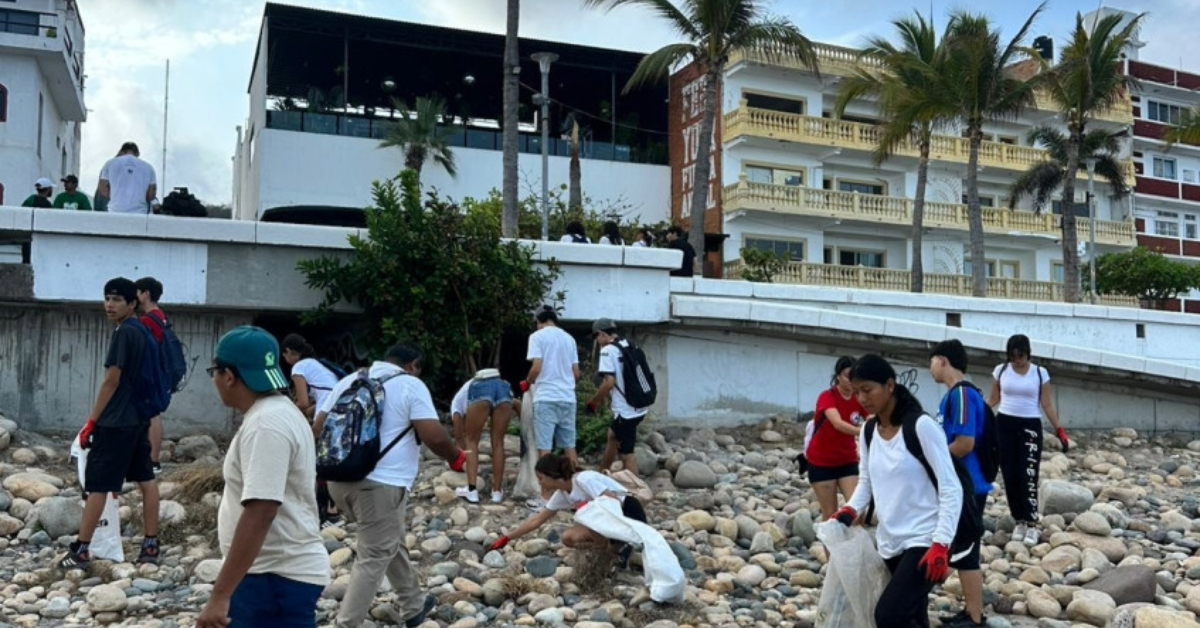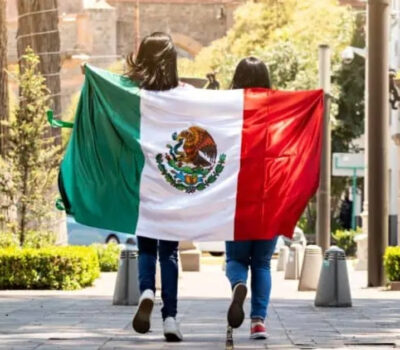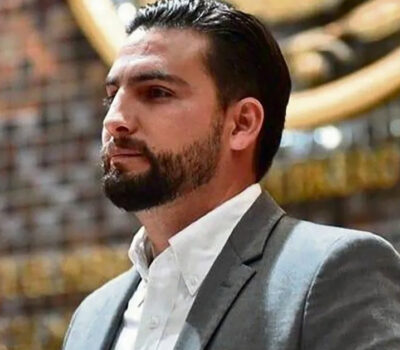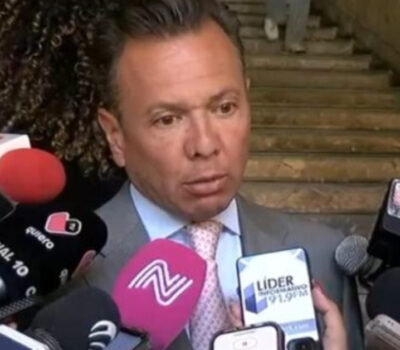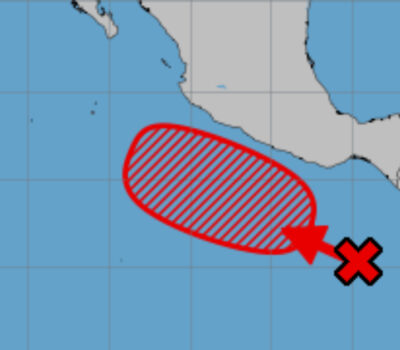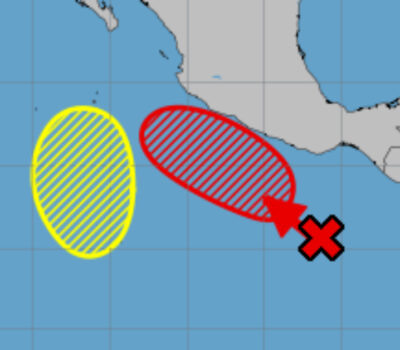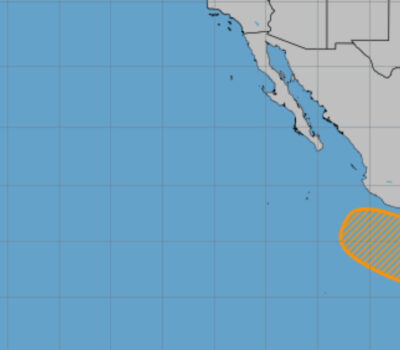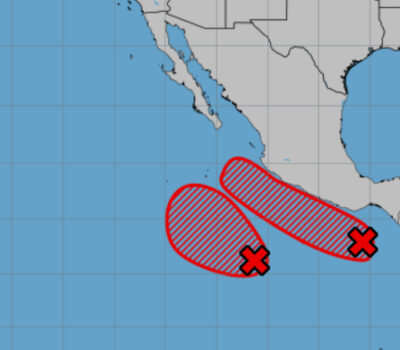Puerto Vallarta beach cleanup joined Mexico’s National Strategy for Coastal Conservation on World Environment Day, aiming to remove plastic waste and protect shores over five years.
A crowd gathered at dawn on June 5, 2025, along Puerto Vallarta’s iconic shore to launch a beach cleanup as part of Mexico’s National Strategy for Beach and Coastal Cleanup and Conservation. The initiative, coordinated by the Secretariats of Tourism (Sectur) and Environment and Natural Resources (Semarnat), seeks to eliminate 100 percent of plastic pollutants from Mexico’s beaches within five years. Organizers emphasized the urgent need to curb plastic pollution, citing that more than 5 trillion tons of plastic waste already float in the world’s oceans.
The nationwide kickoff unfolded simultaneously in 169 municipalities across Mexico’s 17 coastal states. President Claudia Sheinbaum Pardo led the event from Mexico City, underscoring that keeping beaches clean restores public access and protects local economies. “Beaches belong to the people,” she said as volunteers in distant coastal towns prepared to collect debris. Local ceremonies took place in Progreso, Yucatán; Puerto Morelos, Quintana Roo; Acapulco, Guerrero; San Felipe, Baja California; and here in Puerto Vallarta, Jalisco.
In Puerto Vallarta, the formal ceremony took place at Playa de los Muertos. Paola Bauche Petersen, head of the Jalisco Secretariat of Environment and Territorial Development, led proceedings. She stressed that Jalisco’s coastal communities face growing threats from plastic and other debris. “We must act now to keep our beaches safe for residents and visitors,” Petersen said. She was joined on stage by Sergio Graf Montero, head of the National Forestry Commission (Conafor), and Nelly Gabriela Herrera Ornelas from Semarnat Jalisco. Together they presented bags, gloves, and educational materials to dozens of local volunteers.
Councilman Cristian Bravo Carvajal, who heads the Clean Beaches Commission within the Puerto Vallarta City Council, praised the initiative as an extension of work already underway under the current administration. “Since this administration began, we have pulled dozens of tons of trash from our shoreline,” he noted. Carvajal outlined plans to clean five beaches in Puerto Vallarta today and predicted that volunteers would gather several more tons of waste. “This project began under this administration and seeks to keep our beaches clean all year, every year,” he said.
Volunteers fanned out across the sand, separating plastic bottles, wrappers, fishing nets, and other debris. Local tourism businesses and hoteliers provided water and refreshments for the cleanup crews. Residents from surrounding neighborhoods joined students and environmental groups, demonstrating broad community support. “I come here every morning to walk my dog,” said Marina López, a local resident. “Being part of this cleanup allows me to give back to the beach that gives me so much.”
Organizers reminded participants that the National Strategy sets an ambitious goal: to remove every bit of plastic pollution from Mexico’s beaches by 2030. Sectur and Semarnat officials plan to track progress through quarterly reports and collaborate with state and municipal authorities to improve waste management systems. “If we succeed, we protect marine life, secure jobs tied to tourism, and uphold the right of every person to enjoy Mexico’s coastlines,” noted Semarnat undersecretary Carlos Durán at the Mexico City press briefing.
In addition to collecting trash, volunteers distributed flyers explaining proper recycling practices and the dangers of single-use plastics. Educational workshops are slated for the coming months in local schools and community centers. “This is not a one-day event,” Petersen emphasized. “It marks the start of ongoing conservation efforts here in Jalisco.”
By midday, bags filled with debris lined the access points to Puerto Vallarta’s beaches. City crews waited to haul away the collected waste for sorting and recycling. For residents and visitors alike, the visible transformation served as a reminder that even small actions can drive significant change. “Every plastic bottle we pick up today is one less piece drifting into our waters tomorrow,” said volunteer Julio Ramírez as he dropped a bag of discarded wrappers into a bin.
As the sun climbed higher over Banderas Bay, participants paused for a group photo, proud of what they had achieved together. With five more beaches to clean before sunset, volunteers remained committed to the shared goal of a plastic-free shoreline. Through this collective effort, Puerto Vallarta sent a clear message: healthy beaches and clean oceans depend on community action and sustained commitment.
The Puerto Vallarta beach cleanup sets the tone for similar efforts across Mexico’s coastal states in the months ahead. If local communities, policymakers, and volunteers maintain this momentum, the next five years could see Mexico’s beaches free of plastic pollution—fulfilling a vision that began on World Environment Day 2025.
Puerto Vallarta beach cleanup joined Mexico’s National Strategy for Coastal Conservation on World Environment Day, aiming to remove plastic waste and . . .

